The struggling market for fuel-cell vehicles was handed another setback as Shell announced that it was shutting down all seven of its hydrogen refueling stations open to retail customers in California. That might seem an irrelevant number were this to involve its gasoline service network. But it represents nearly one in six of the hydrogen facilities in California and about 12% of the 59 open to the public nationwide.
“Dear Hydrogen Customer,” Andrew Beard, the president of Shell Hydrogen, wrote in a letter mailed this week, “I am writing to inform you that Equilon Enterprises, LLC (dba Shell Oil Products US) will no longer be operating hydrogen light duty passenger fuelling stations due to hydrogen supply complications and other external market factors.” The move, he added, was “Effective immediately.”
Prices soar
Shell’s move is just the latest setback for what proponents have longed called “the hydrogen economy,” and for hydrogen-fueled vehicles, in particular.
In recent months, the price of the lightweight gas has roughly tripled, even as supplies were running short ahead of the Shell closures.
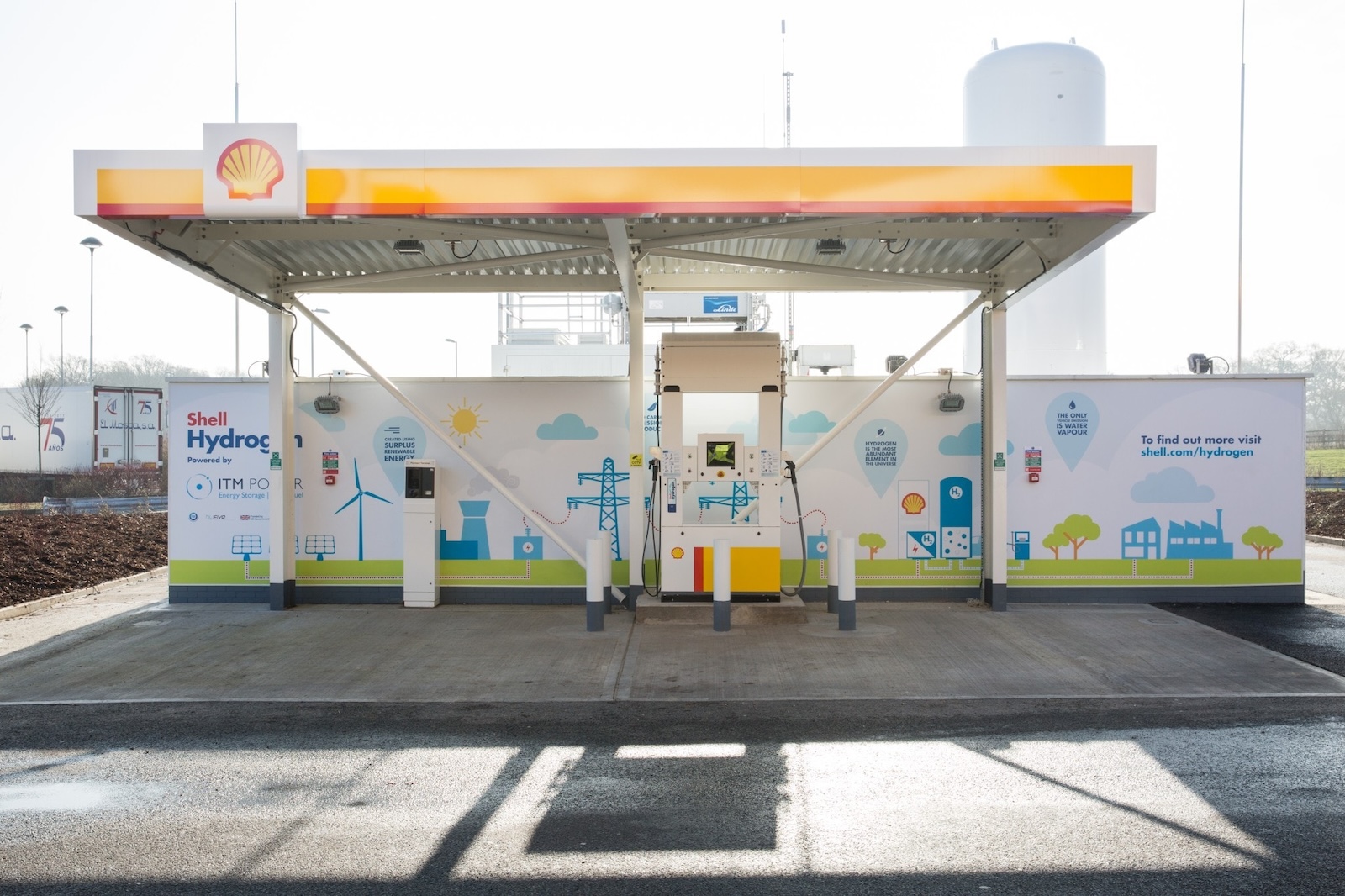
Shell’s move is just the latest setback for what proponents have longed called “the hydrogen economy.”
When Toyota introduced the Mirai fuel-cell vehicle three years ago the automaker tossed in an appealing incentive, $15,000 worth of the hydrogen needed to power it up. At the time, it cost just over $70 to fill Mira’s 5.6-kilogram tank.
Today, you’ll pay over $200 — if you can find the lightweight gas, as many of the stations providing it have run dry. And that’s threatening to short-circuit the “hydrogen economy” that fuel-cell proponents have long predicted is just around the corner.
More headaches to come
Toyota, Hyundai, Honda and BMW currently retail — or plan to introduce — retail vehicles running on hydrogen. And the loss of the Shell stations will make it more difficult to find a place to fuel up.
Even now, the lack of a robust service station network has forced manufacturers to limit where they offer models like Toyota’s Mirai and the Hyundai Nexo to parts of Southern and Northern California.
But the situation could get worse. While there’s been a long-running debate ove
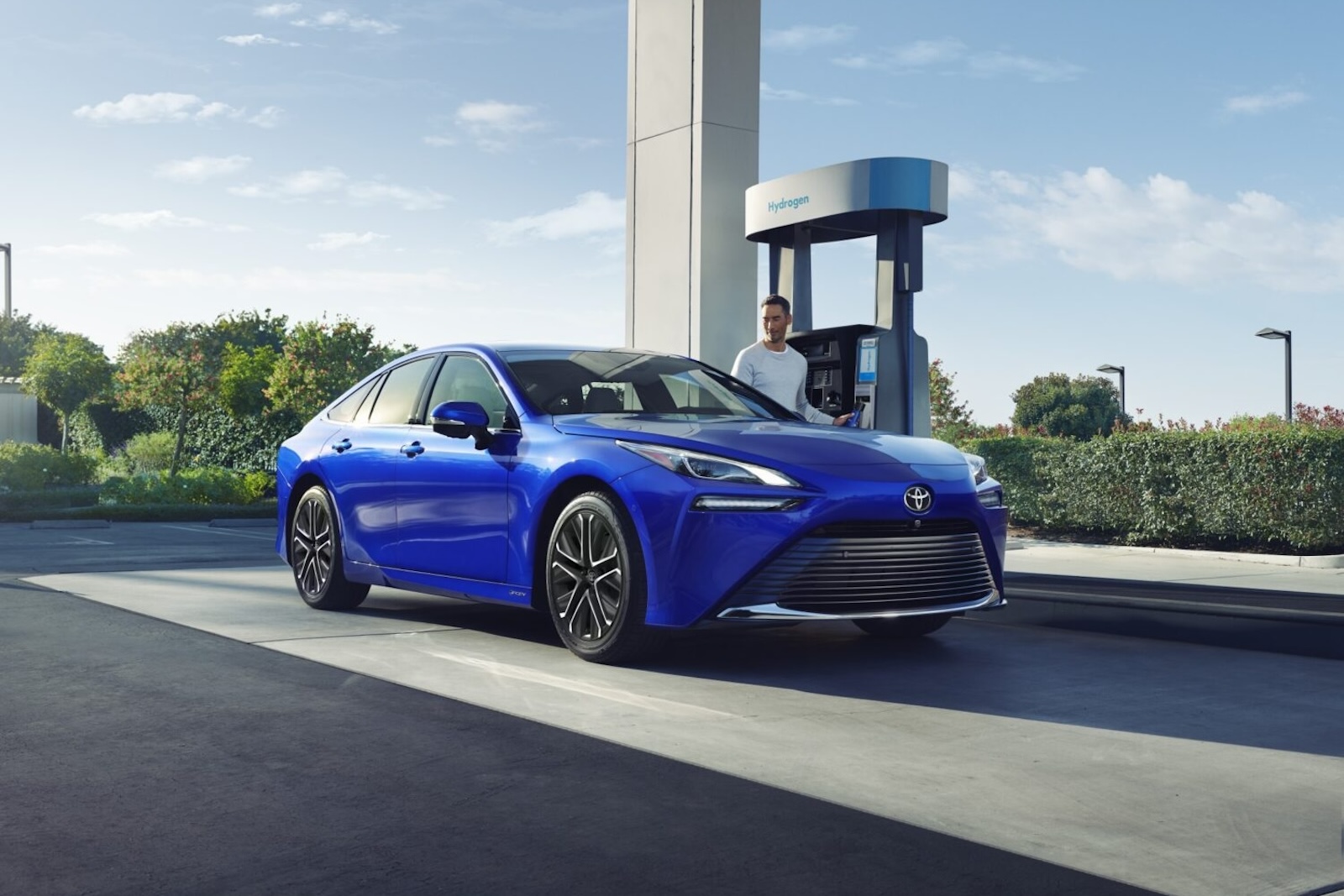
The loss of the Shell stations in California are going to make it really difficult for owners of hydrogen fuel-cell vehicles like the Toyota Mirai.
r the value of using fuel-cell technology in passenger cars, many proponents believe the technology’s best application is in medium and heavy-duty trucking, particularly those serving longer-distance routes of 500 miles or more.
They point out that fuel-cell systems can readily handle those distances, in contrast to battery-electric trucks. And it takes just minutes to refuel, as opposed to the hours it can take to recharge large enough batteries.
But there could be more setbacks to come. Shell still operates three heavy-duty hydrogen refueling stations in Southern California which, among other things, serves trucks that operate out of the ports of Los Angeles and Long Beach.
More Hydrogen News
- Soaring prices, shrinking supplies threaten hydrogen economy
- We test drive BMW’s hydrogen-powered X5
- Hyundai doubles down on hydrogen
“Disappointing”
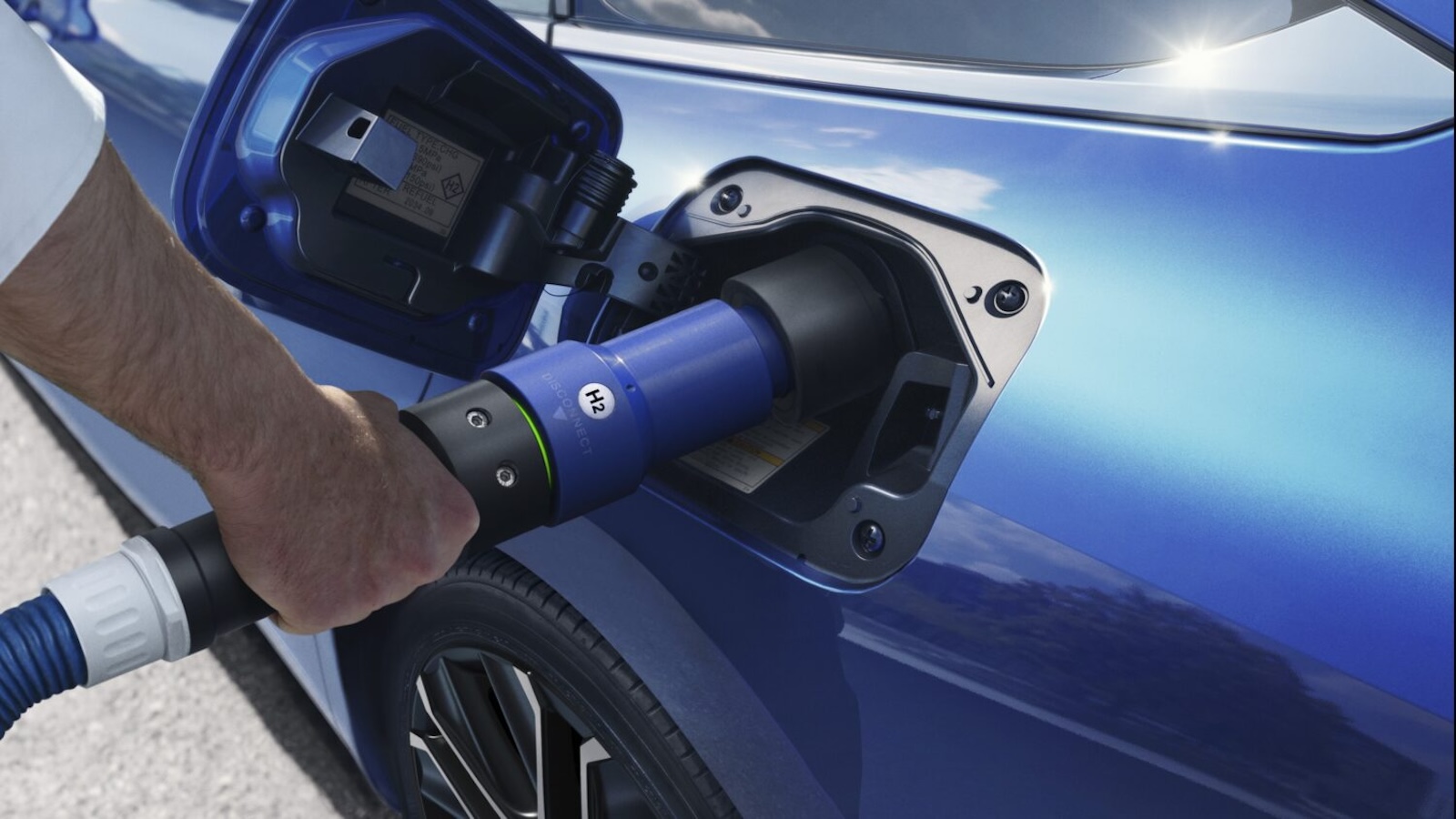
Filling up on hydrogen has become substantially more expensive — and a number of stations have been running short lately.
“It is disappointing to learn that Shell has opted to close down its light-duty hydrogen refueling stations and focus on heavy-duty applications,” the Hydrogen Fuel Cell Partnership in California told Automotive News. “However, the hydrogen mobility market is nascent and continued progress and setbacks are to be expected.”
Proponents of hydrogen power are hoping that other suppliers will pick up the slack.
The Biden administration recently allocated $7 billion to create a network of hydrogen “hubs” serving seven different regions across the country. It also plans to allocate another $1 billion to boost demand for the fuel.
Despite recent problems, there remains strong support for hydrogen technology. Hyundai announced new plans to use fuel-cell technology for a variety of transportation applications during CES 2024 last month. And General Motors and Honda this last month launched production of fuel-cell stacks at a new factory in the Detroit suburb of Brownstown Township.

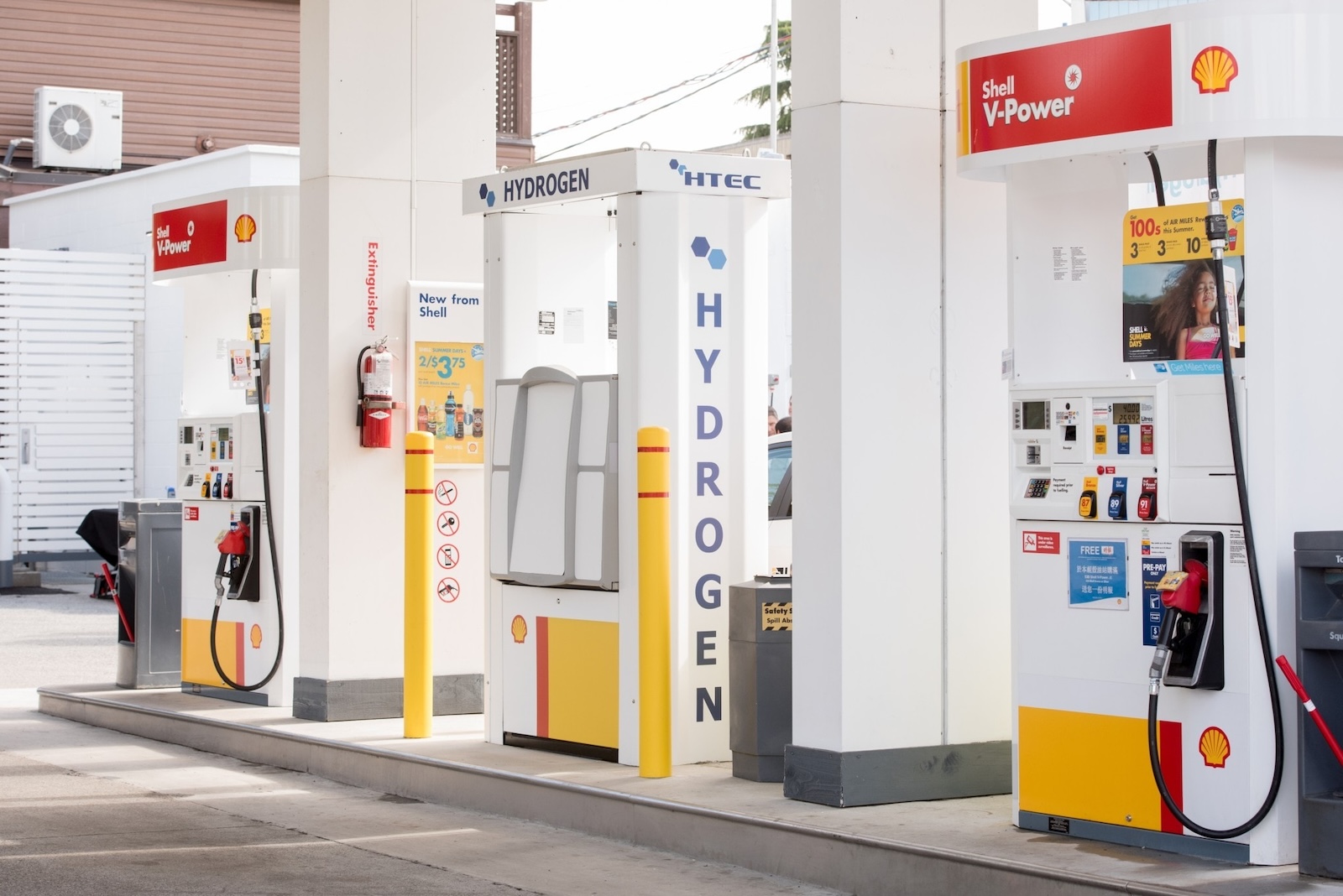
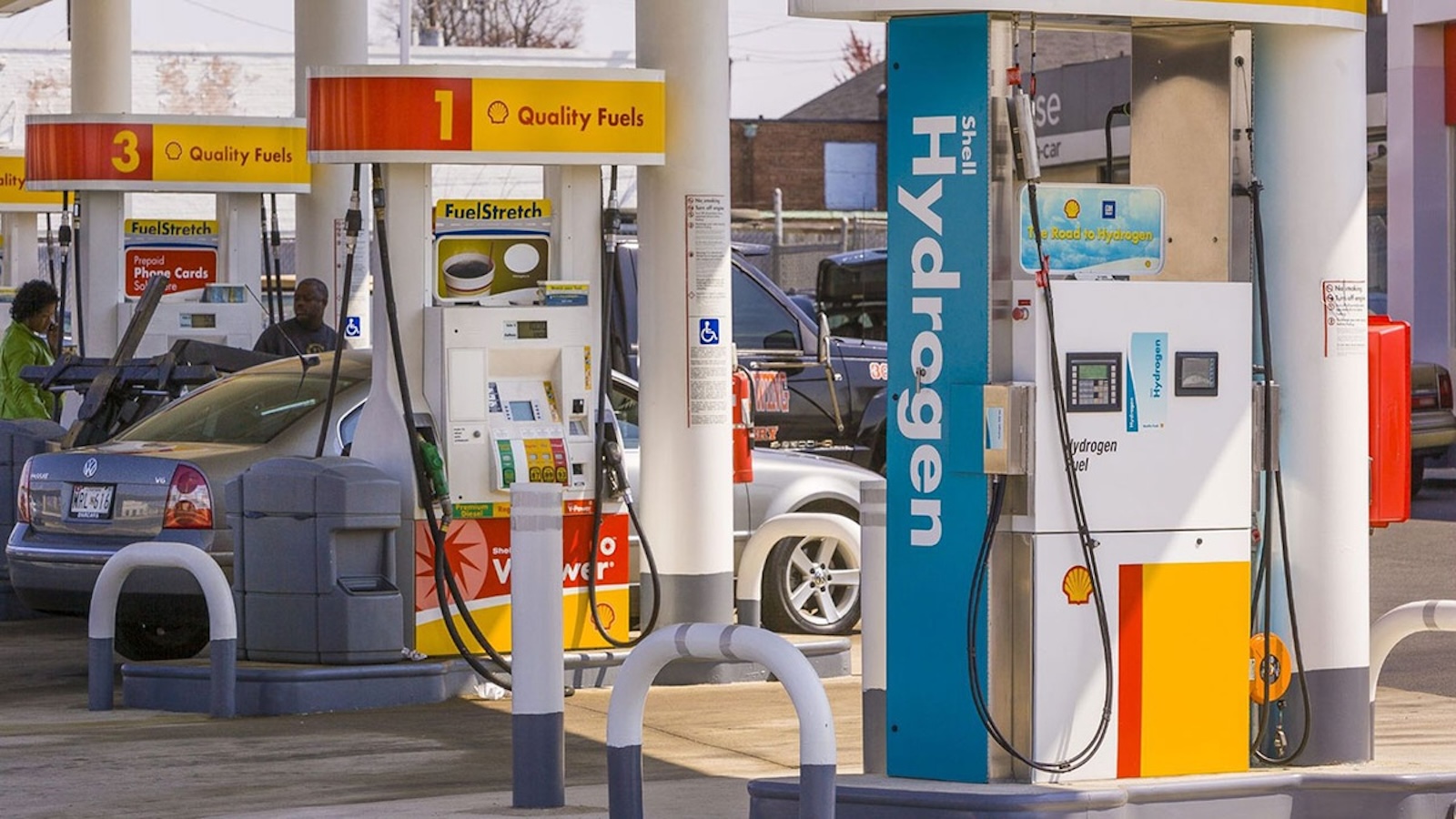
0 Comments